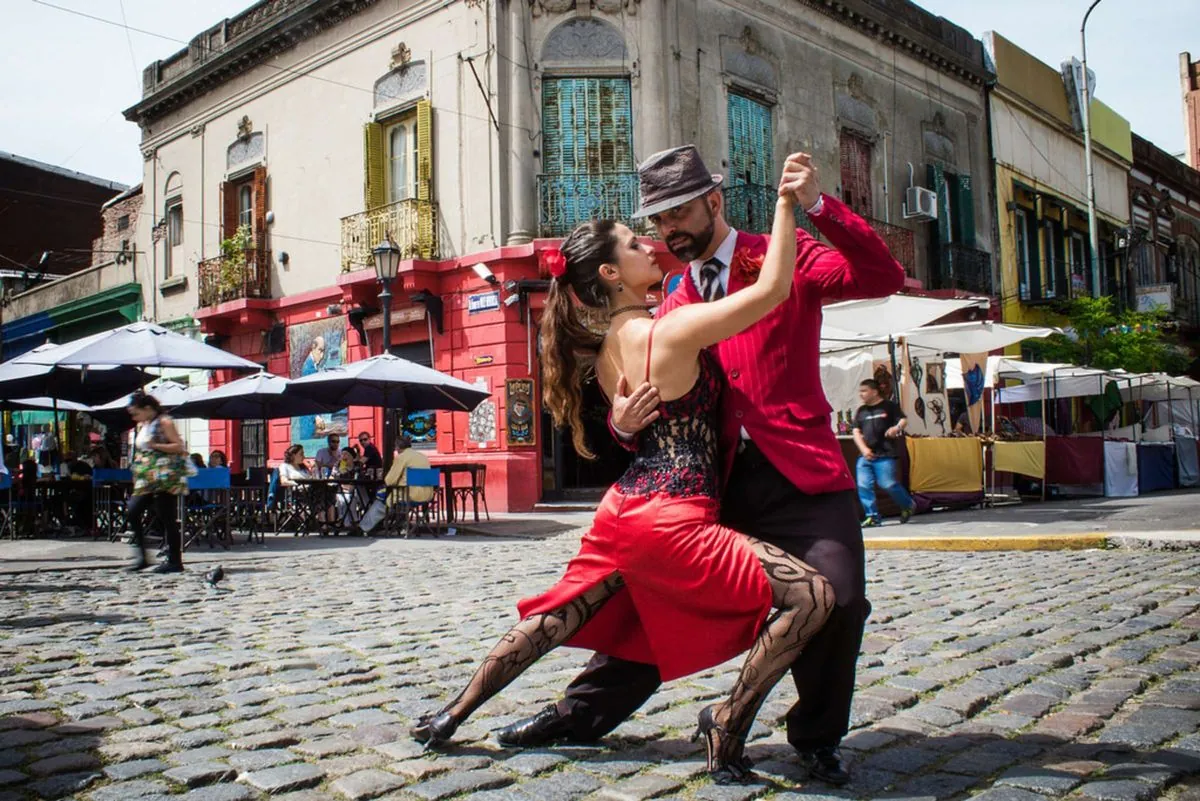In the heart of Buenos Aires, the rhythmic beats of tango echoed through the city as dancers from across the globe gathered for the annual Tango Festival and Competition. This event, held approximately one year ago, showcased the enduring allure of a dance that has captivated hearts for over a century.
Ayelen Morando and Sebastian Martinez emerged victorious in the show tango category, while Fatima Caracoch and Brenno Marques claimed the top spot in salon tango. Their emotional reactions underscored the significance of these achievements in the tango world.
"This is years of effort, of work, of dreaming, and not giving up."
The competition, which concluded on August 22, 2023, featured a record-breaking 750 couples from 53 countries, highlighting tango's global appeal. Participants hailed from diverse nations, including Brazil, Colombia, Italy, Japan, Mexico, Russia, South Korea, the United States, and Ukraine.
Tango's roots trace back to the early 1900s, originating in the ports of Argentina and Uruguay. Initially danced only among men in the brothels of Buenos Aires, it has evolved significantly over the years. The dance gained international recognition when it was added to UNESCO's Intangible Cultural Heritage Lists in 2009.
The music that accompanies tango typically features bandoneon, violin, piano, and double bass. These instruments create the soulful melodies that guide dancers through their intricate steps, known as "caminata" in the basic walking form.
Tango's golden age in Argentina spanned from the 1930s to the 1950s, during which time it transitioned from a dance looked down upon by the upper classes to a celebrated cultural icon. Carlos Gardel, considered the most prominent figure in tango history, played a crucial role in popularizing the genre.
The dance's evolution continued with Astor Piazzolla's creation of "nuevo tango" in the 1950s, revolutionizing the traditional form. Today, tango remains a vibrant part of Argentine culture, with social clubs and stage shows keeping the tradition alive.
As one event presenter aptly stated, "Tango unifies everything. In times of global division, what is better than embracing one another?" This sentiment encapsulates the enduring appeal of tango, a dance that continues to bring people together in a close embrace known as "abrazo."
The Buenos Aires Tango Festival and Competition, part of the World Tango Championship held annually since 2003, stands as a testament to the dance's lasting impact on global culture. As participants from around the world converge in the birthplace of tango, they contribute to the rich tapestry of this ever-evolving art form.
